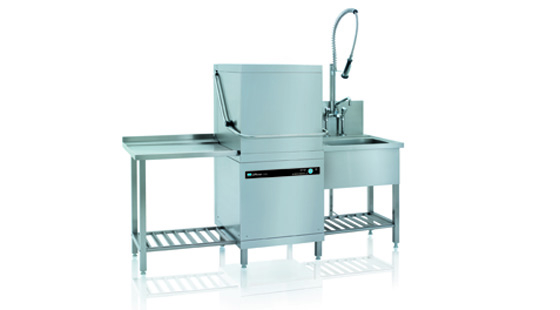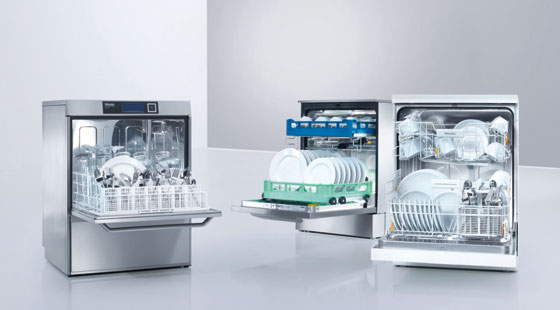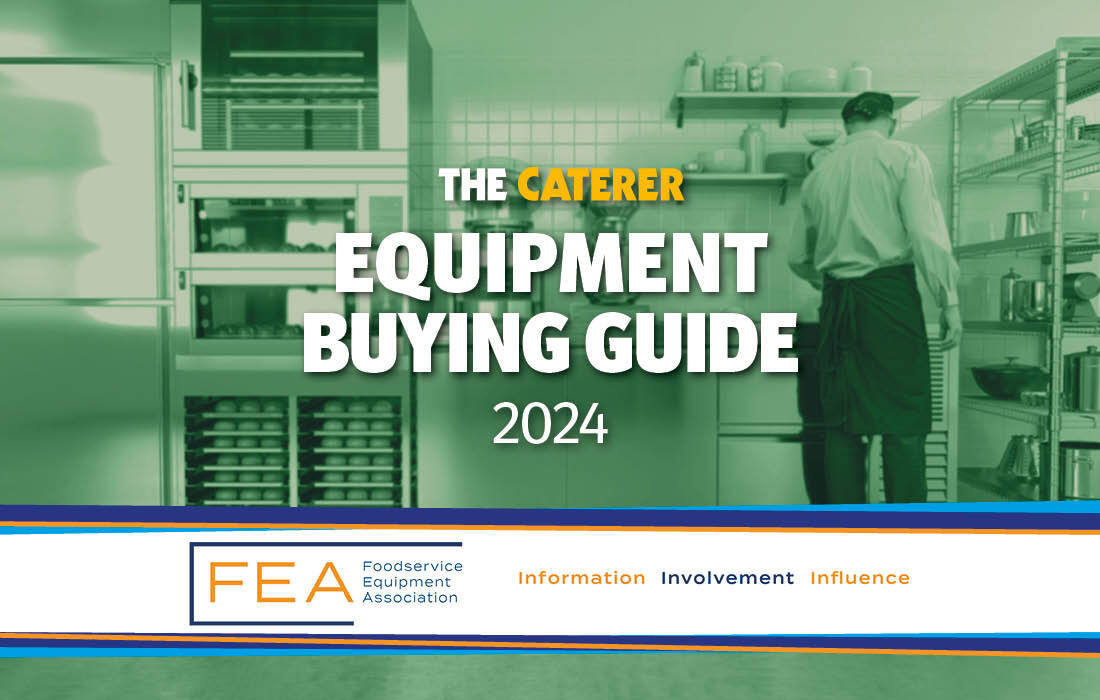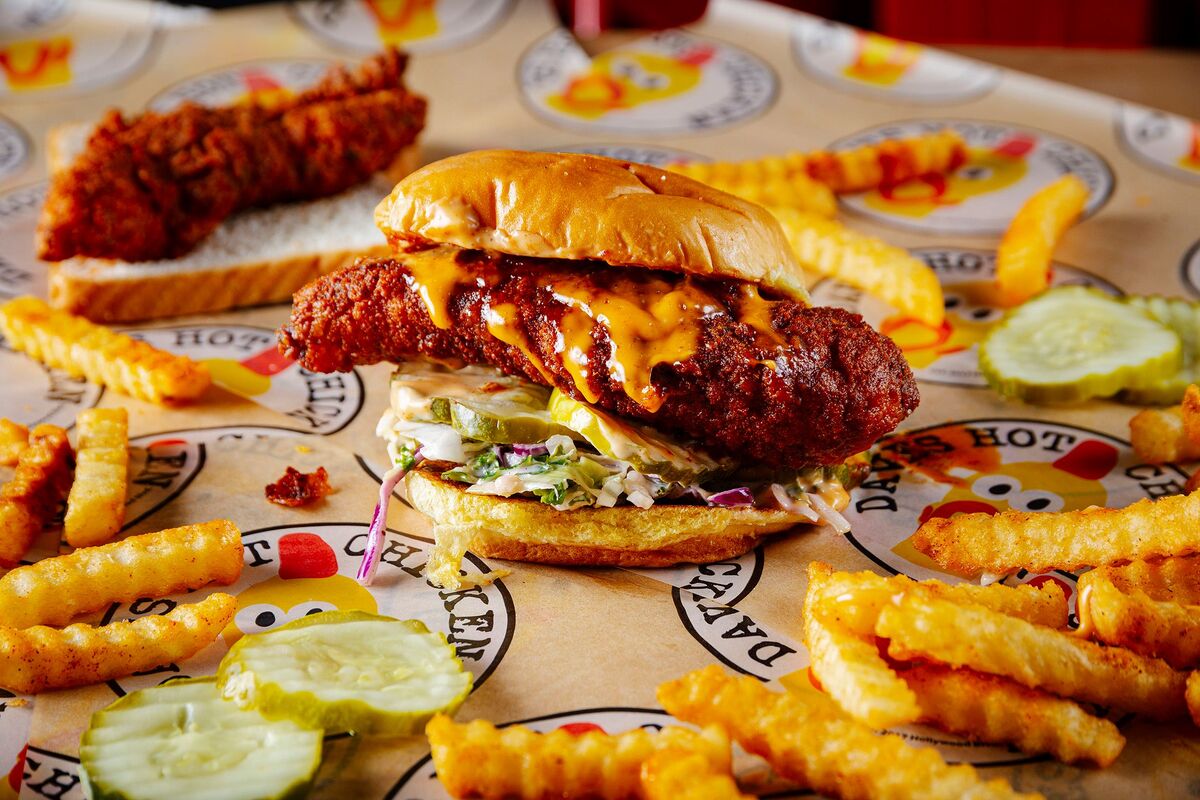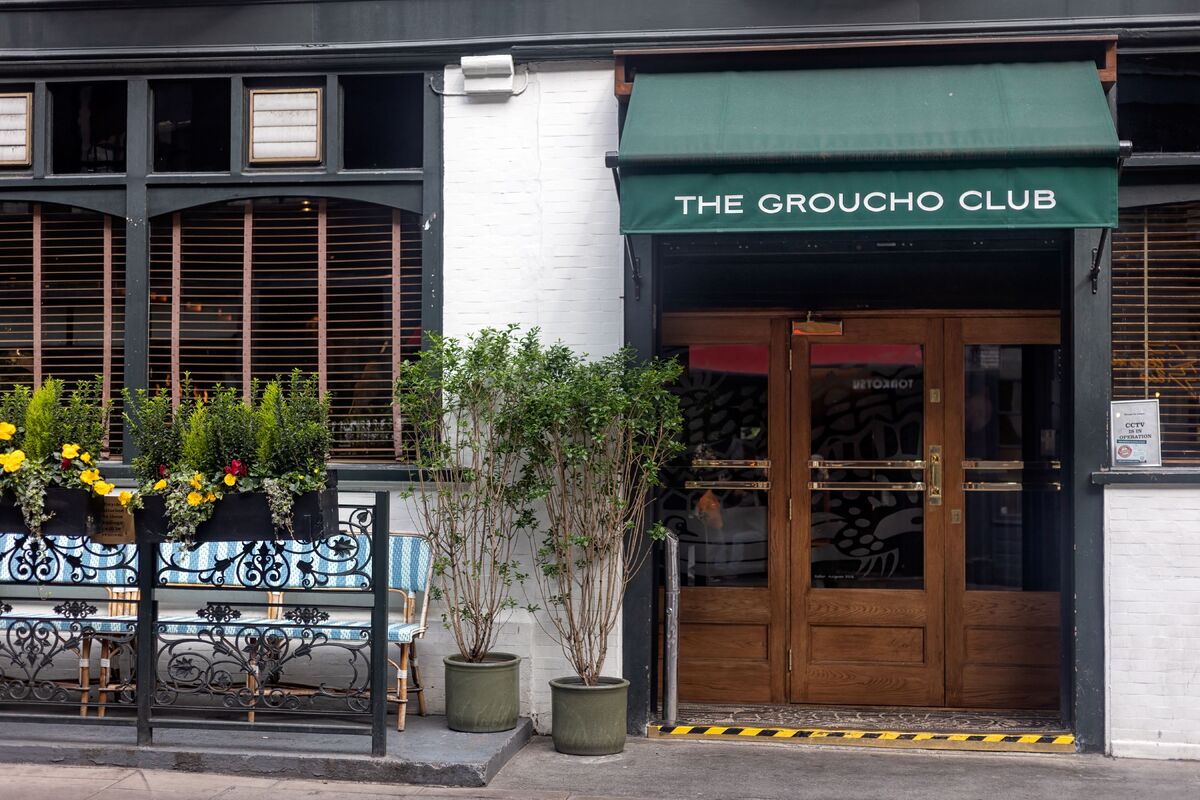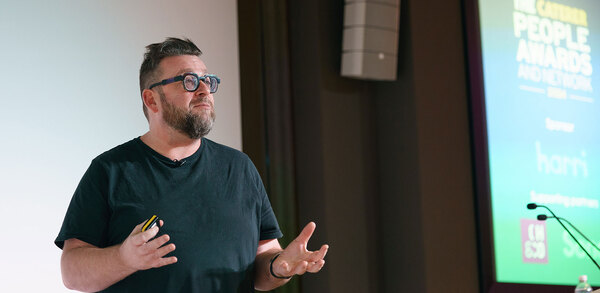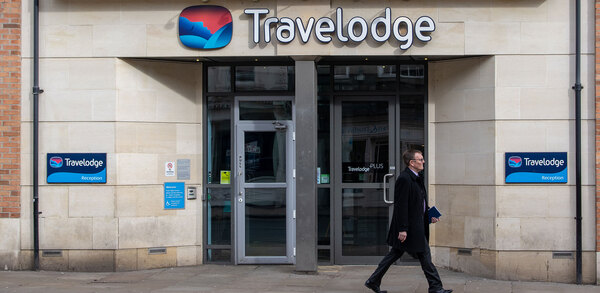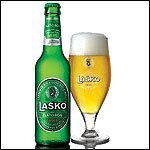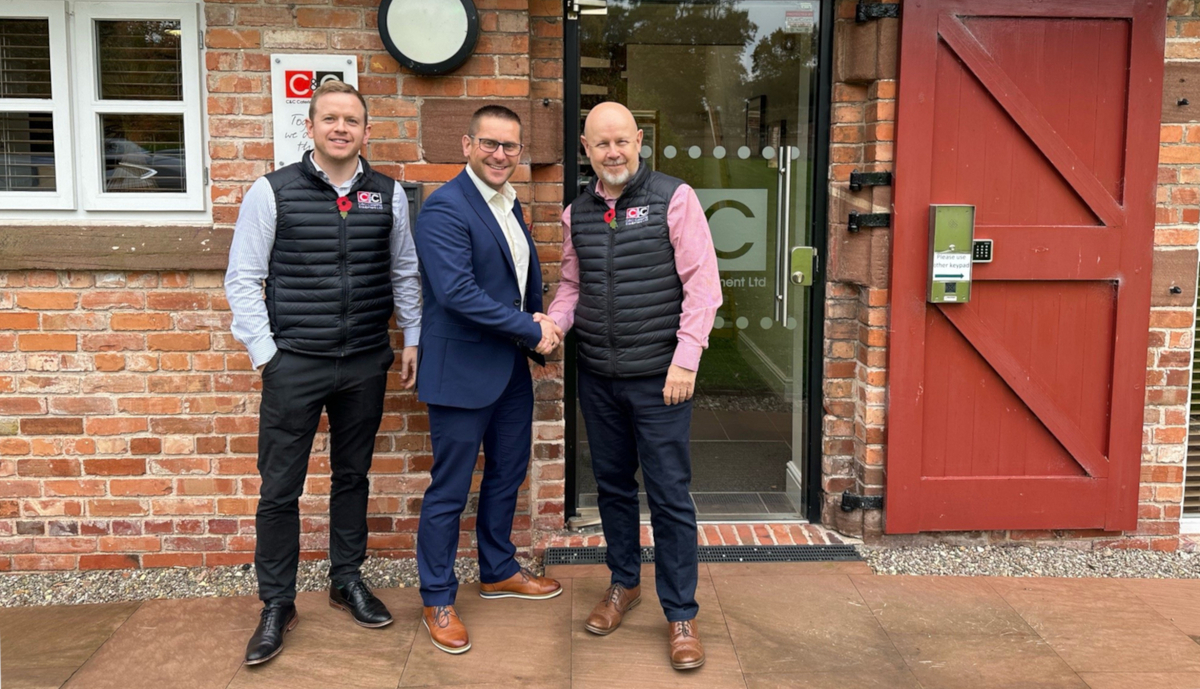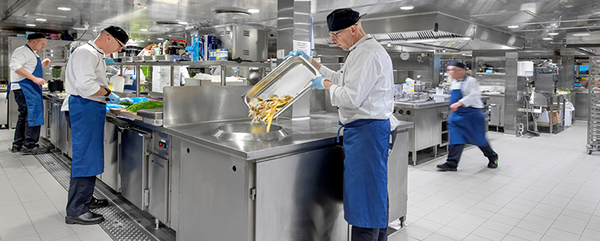Clean machines: which warewasher is right for your business?
Lean, green and sparkly clean is the mantra for warewashers that are suitable for kitchens of all shapes and sizes, as Kathy Bowry reports
Warewashing equipment encompasses a wide range of machinery, from undercounter dish and glasswashers, to utensil washers, pass-through and rack and flight machines. Every business has a different need, so when it comes to choosing the right appliance, it is important to be clear about what you want any new piece of equipment to achieve.
According to Paul Crowley, marketing development manager at Winterhalter UK: "Environmental performance is a particularly important issue with warewashing because dishwashers are big users of energy. The key thing to look out for is equipment that saves water and energy without compromising on performance and the delivery of outstanding wash results. Increasingly, manufacturers are developing features that do just this."
Winterhalter's latest rack pass-through warewasher, the PT ClimatePlus, is claimed to cut energy consumption by over 50% over its predecessor and features the ClimatePlus heat pump, which continually sucks air from the wash area, both when washing and when the warewasher is idle, until the heat pump has warmed the tank water to 65°C."
For kitchens with limited space, he explains, Winterhalter's new UC Excellence iPlus undercounter machine uses a new hybrid technology that combines reverse osmosis (RO) and a water softener. This offers a variety of benefits, including preventing blockages of the RO membrane, extending membrane life and ensuring consistent wash results.
"As we move further into the digital age, the possibilities of interactive technology has led to new ways caterers can reduce water, fuel and chemical use within the warewashing system. For example, Winterhalter's new energy-saving technology, Connected Wash, initially available for the UC series, lets operators know when anything goes wrong, making warewashing more efficient, reliable and controllable."
Meiko UK managing director Bill Downie argues that pass-through dishwashers are the workhorses of the kitchen and that its new UPster H500 brings significant improvements, both for operators and the environment. The new UPster series, he says, marks a complete restructuring and modernisation of Meiko's entry-level range of dishwashers. Featuring a hood that vents to the rear, the Meiko UPster H500 directs steam away from the operator while the machine's hood and body are double-wall insulated to conserve energy and heat as standard, which also makes for a more comfortable working environment.
This no-frills, budget heavy-duty machine features three wash cycles (90, 150 and 240 seconds) and can handle up to 720 plates and hour. With a 440mm entry-passing height, it easily accommodates larger items such as meal trays. The UPster H500 can also be supplied with a built-in water softener.
UK distributors last week had a sneak preview of Meiko's new M-iClean H hood-type warewasher, which when launched later this year will offer automatic operation and an eye-level control panel along with reduced steam output and energy use. Dr Thomas Peukert, Meiko's engineering supremo at the factory in Germany's Black Forest area, explains the new M-iClean H, has been put through its paces rigorously for the past six months on 17 sites and had recorded barely a smidgeon of wear and tear on its components.
Mieleâs tank dishwasher range is as energy efficient as it is fast. Across all the programmes, the machines use water, electricity and detergent sparingly with a special Eco cycle, during which water use is reduced to its minimum. Therefore, owners can be rest assured that, with Miele Professional, they are providing the highest quality of cleaning to their customers while also reducing their costs and carbon footprint.
At Electrolux Professional, Steve Bowler, category manager for warewashing, is excited about the new green&clean rack-type dishwasher: âThe standout feature of the new green&clean Rack Type is that it requires just a single glass of water to clean an entire rack of dishes. We recognise that larger kitchens need to make every effort to maximise cost savings and profitability, and when it comes to warewashing, this means reducing their daily consumption of water, energy and detergent.â
He claims the green&clean Rack Type needs 63% less water, 34% less energy, and 62% less detergent and rinse aid than competitor models, which theoretically adds up to savings of over £2,500 a year.
David Smithson, chief executive at Classeq says: âEmbodying the brandâs ethos â" âwarewashing made simpleâ â" our new collection of under-counter glass and dishwashers includes 13 machines across two ranges, the Standard and Duo. Using technology developed by Classeqâs parent company, Winterhalter, the machines have a stand-by facility designed to save energy when not in use and double-skinned features which ensure quieter operation and reduced heat loss. Operating on a digital system rather than electro-mechanical, the chemical dosing is run electronically and ensures the required amount of chemicals are dispensed in each wash.â
Future gazing
Hobart warewasher sales director Tim Bender believes that both electrical technology and crockery advancements are likely to impact warewashing efficiency. He says: âThere are many new developments in electronics and warewashing that are still in the fairly early stages â" looking ahead thereâll be a lot more electronic control.
âMore radically, we could see developments in the kind of ware being employed. I canât see fine dining switching from crockery, china and glassware to disposable items, even 100 years from now. But who knows whether thereâll be a way of coating ware with a non-stick finish that will make the washing process drastically simpler? If the food doesnât stick, the washing process would probably be a lot faster; ware could conceivably go through a machine in 10 seconds and come out clean.â
Water quality and chemicals
Using the right chemicals and good water treatment can pay dividends in cutting running costs and extending the longevity of your kit.
Ecolabâs Apex warewashing system promises to provide excellent cleaning results while reducing water and energy use and making the warewashing process simpler and safer for kitchen staff.
The Apex systemâs controller provides real-time monitoring of operations and logs elements of the warewashing process, such as wash and final rinse temperatures. Ecolab sales-and-service associates use a tablet PC to download, process and analyse the Apex systemâs operational data to establish each restaurantâs operational challenges and efficiency ratios. The information is presented in a dashboard report, allowing users to review system operations, including data for every rack washed.
A comparative study, undertaken by Ecolab and the Institute for Work Safety in Germany, found using solid warewashing products reduced body strains by up to 90% when compared with liquids. The solid products are lighter and easier to lift, and will not spill, helping to improve employee safety.
The new Apex products include two new detergents that provide outstanding cleaning and stain removal as well as three rinse additives with enhanced formulations for higher performance.
Derek Maher from Crystaltech, the largest specialist company for the installation and servicing of all makes of glasswashers and dishwashers, says: âIt is not just the machines themselves that can provide energy and water savings, as using the right type of cleaning chemical can enable the lowering of wash temperatures and still give sparkling clean results.â
Crystaltech offers a reverse osmosis (RO) system, which pushes purified water through the wash cycle, meaning fewer chemicals are required at lower temperatures by up to 70%, making it a much more energy efficient proposition. It also removes the need to hand-polish glassware, therefore saving staff time and potentially transferring germs with cleaning cloths.
Kevin Johnson, managing director at Monarch Water, says: âWater treatment equipment should be seen as an investment and insurance to help maintain a successful business rather than a cost. With professional advice, wholesale benefits can be achieved from the point of its installation, providing appliance protection, energy bill and labour savings by virtually eliminating the scale build-up caused by the calcium and magnesium.
âAn estimated 60% of the UK suffers from the effects of hard water. The composition of hard water has a harmful impact on the end-quality of warewashing results if not treated. Investigate and take professional advice to ensure that you adopt the right protection.â
Buying tips and a carbon management podcast
Glenn Roberts, chair of the Catering Equipment Suppliers Association (CESA) has this advice to offer:
Features to look out for include reduced wash tank capacities, efficient rinse systems, heat exchangers that recycle energy, designs that eliminate the need for heat pumps on larger machines, and machines that operate vent-free, taking out the need for ducting and extraction fans that use energy continuously.
When choosing a new machine, be sure to compare the running costs. Getting the right detergent is just as important as getting the right machine. New chemicals have been developed that are designed for use at specific stages of the wash cycle. The savings in energy, resources and time can justify the initial expense.
CESA has launched the first of its carbon management podcasts, developed with the British Hospitality Association, the Catering Equipment Distributors Association, the Foodservice Consultants Society International and the Department of Energy & Climate Change. The podcasts are part of the Save It! campaign and can be downloaded at: bit.ly/2eSjzWB
Contacts
Classeq
www.classeq.co.uk
Crystaltech
www.crystaltech.co.uk
Ecolab
www.en-uk.ecolab.com
Electrolux Professional
www.electrolux-professional.co.uk
Hobart
www.hobartuk.co.uk
Meiko UK
www.meiko-uk.co.uk
Miele Professional
www.miele-professional.co.uk
Monarch Water
www.monarchwater.co.uk
Winterhalter
www.winterhalter.co.uk



